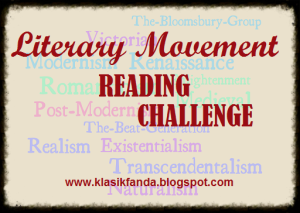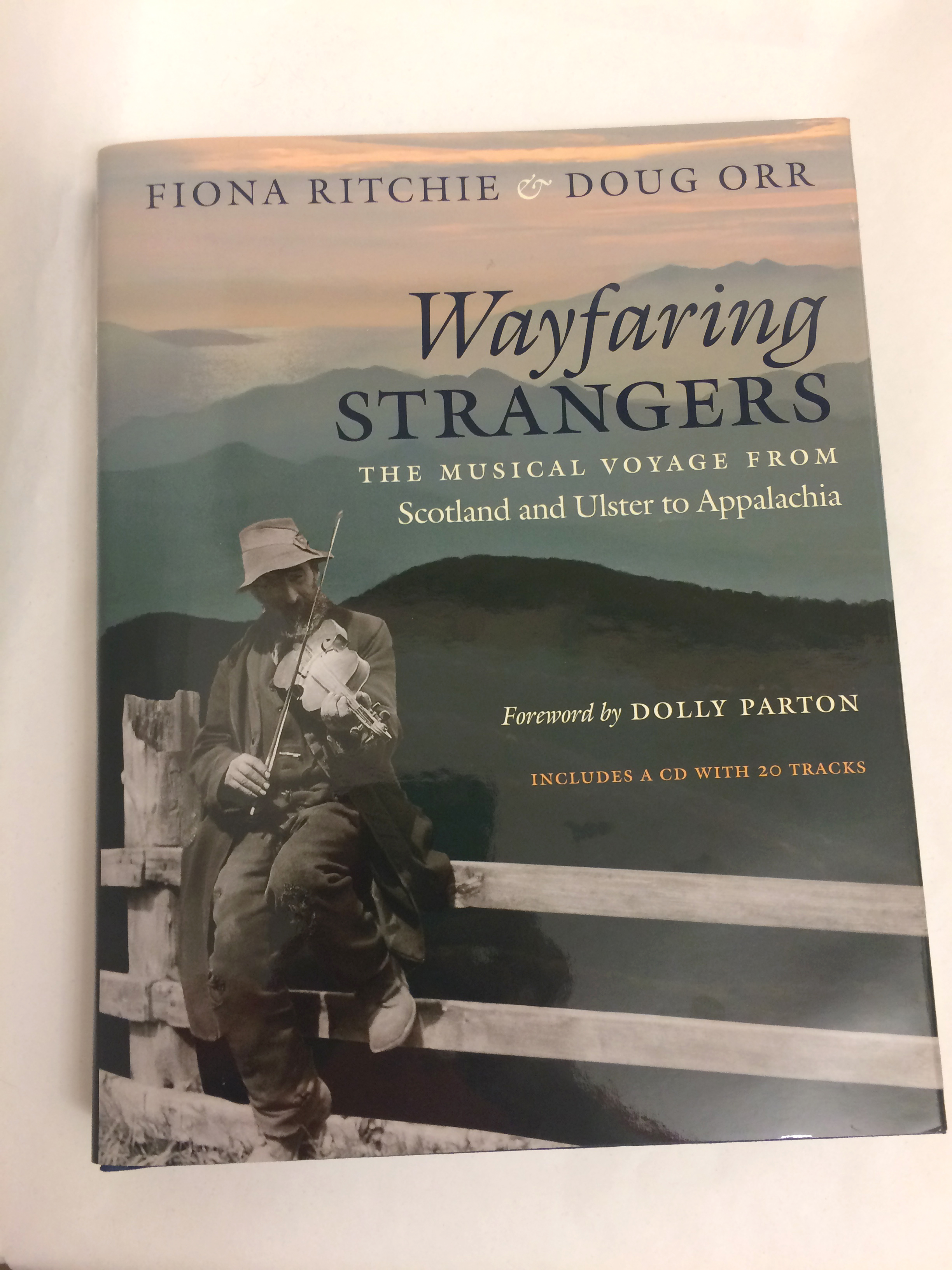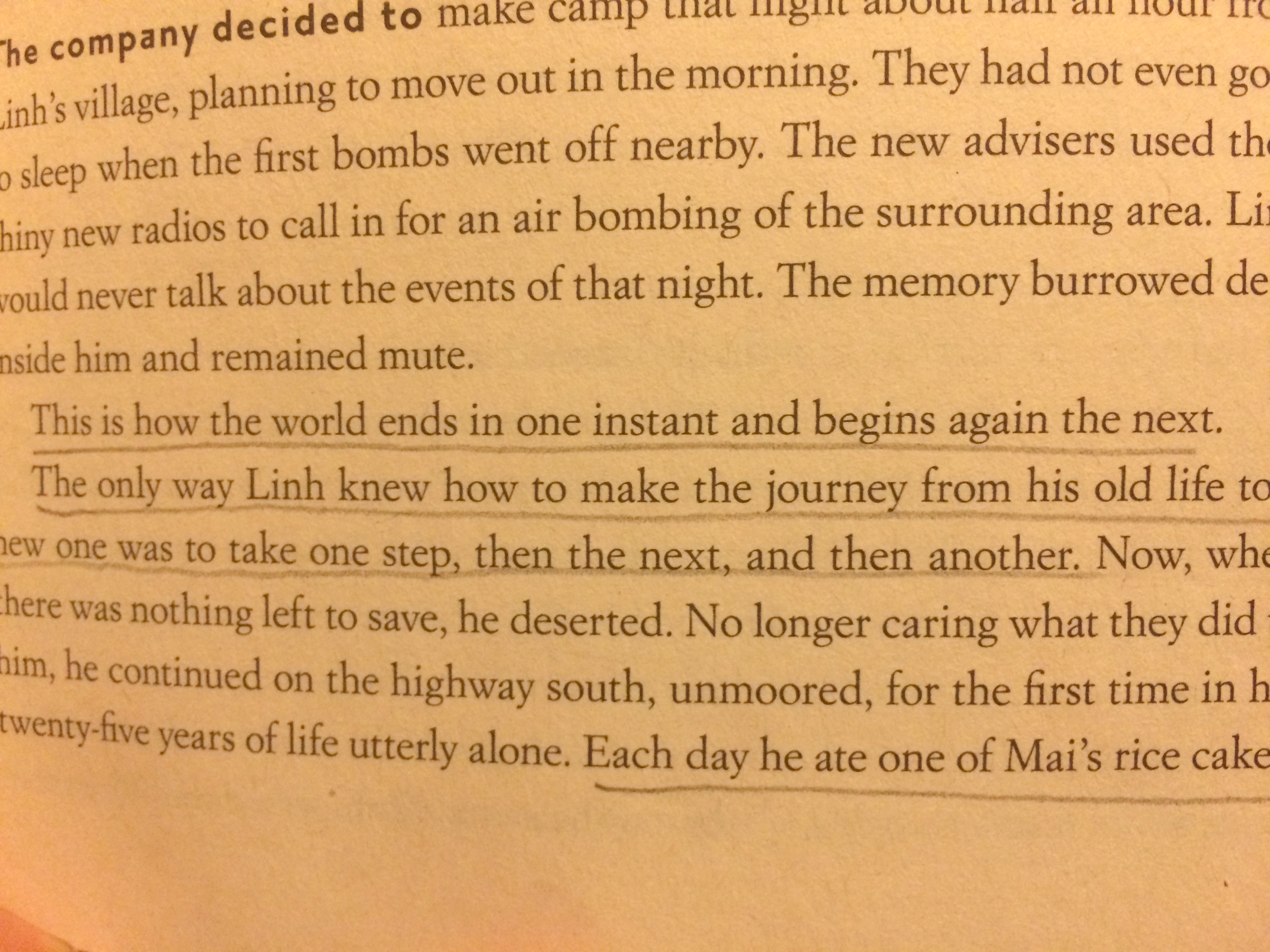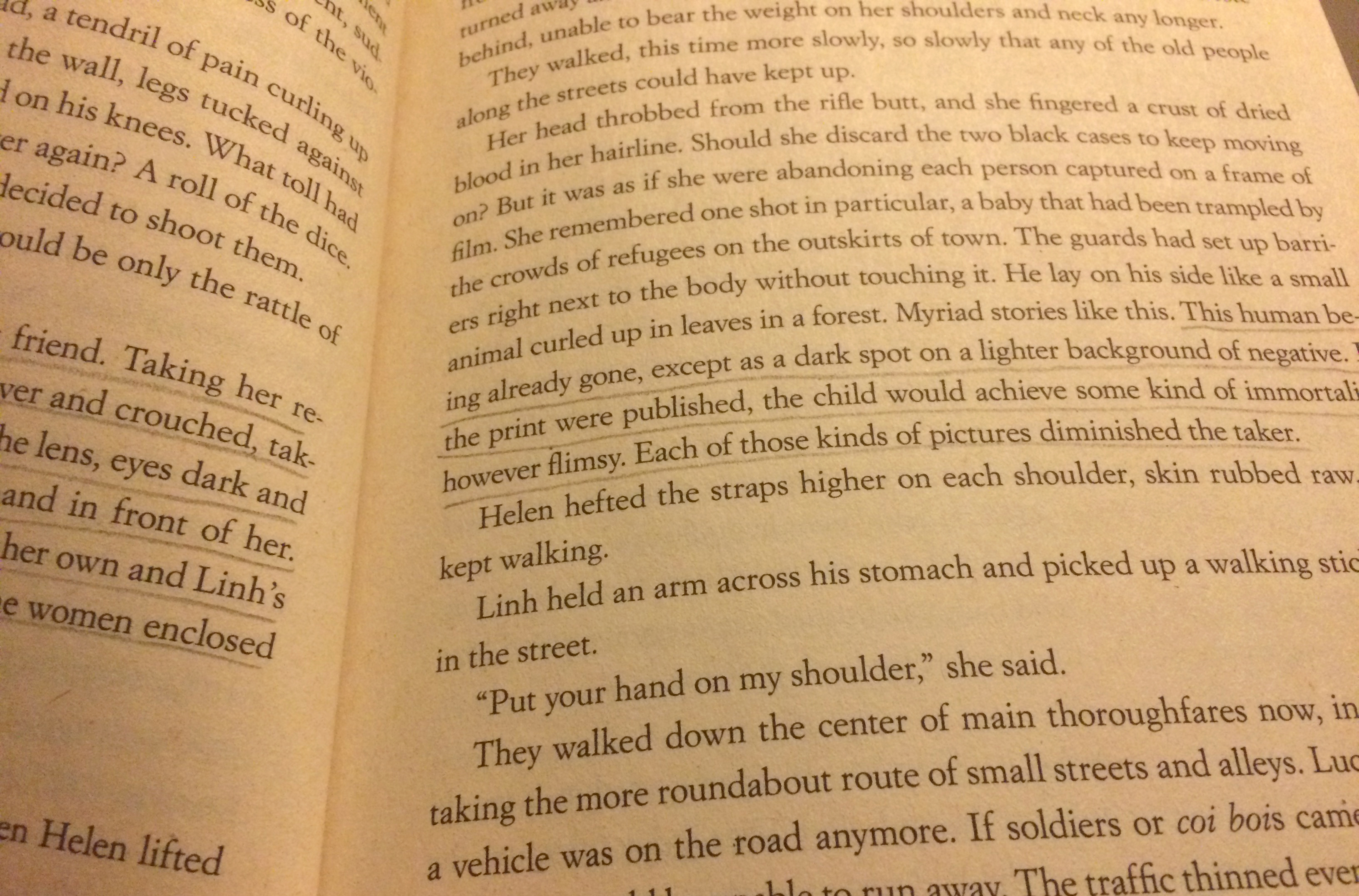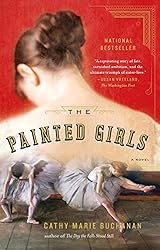 Sunday? Tuesday? What is she on about? I keep forgetting to check in with the Top Ten Tuesday meme, so I’m plucking a couple of recent topics and posting about them today for the Sunday Post.
Sunday? Tuesday? What is she on about? I keep forgetting to check in with the Top Ten Tuesday meme, so I’m plucking a couple of recent topics and posting about them today for the Sunday Post.
First up, “Ten Books You Recently Added To Your To-Be-Read List.” These are the ten books most recently added to my Goodreads to-read list in order from most recent to least:
- Church of Marvels, Leslie Parry
- The Little Paris Bookshop, Nina George
- A Desperate Fortune, Susanna Kearsley
- The Witch of Painted Sorrows, M. J. Rose
- The Brontes: Wild Genius on the Moors: The Story of a Literary Family, Juliet Barker
- The Keats Brothers: The Life of John and George, Denise Gigante
- Fiercombe Manor, Kate Riordan
- The Anatomy Lesson, Nina Siegal
- Lisette’s List, Susan Vreeland
- I Always Loved You, Robin Oliveira
It might be fun to list the novels I added to my to-read pile each week in my Sunday Post. I think I might just do that.
Next up:
Top Ten Characters You’d Like To Check In With (meaning, the book or series is over and you so just wish you could peek in on the “life” you imagine they are leading years down the line after the story ends). Does this prompt make sense?? It makes sense in my head! Let me know and I can clarify haha
In no real particular order:
- Harry Potter and the gang. I’d read any TNG or even Marauders books Rowling might want to write, but I’m not sure she’s keen.
- Scout Finch. And guess what? We get to! This summer!
- Holden Caulfield. I often ask my students to write a new ending chapter because the end of his book is so ambiguous. Is he going to be okay?
- Huck Finn. I think Twain wrote some stuff about Huck and Tom as adults. I am curious as to how he turned out in the end.
- Samwise Gamgee. I know he had a bunch of children, but I sure would like to have checked in with him and his (hopefully) quiet life in the Shire.
- Ennis Del Mar from “Brokeback Mountain.” Did he ever learn to accept himself and find love?
- Peter Hatcher. What kind of people did Peter, Sheila Tubman, Fudge, and Tootsie grow up to be?
- Taran and Eilonwy from Lloyd Alexander’s Prydain Chronicles. Tell me they got married.
- Cathy Linton and Hareton Earnshaw. Did they break the family curse and find happiness together?
- Jane Eyre. What were the Rochesters like after they married? I can’t believe all the adventure was over.
And finally, “Top Ten Inspiring Quotes from Books (anything that inspires you, challenges you, makes you think, encourages you, etc.).”
I have a blog widget that shuffles my favorite book and bookish quotes, but here are my favorites:
- “The man who doesn’t read good books has no advantage over the man who can’t read them.”—Mark Twain
- “You don’t have to burn books to destroy a culture. Just get people to stop reading them.”—Ray Bradbury
- “All good books are alike in that they are truer than if they had really happened and after you are finished reading one you will feel that all that happened to you and afterwards it all belongs to you; the good and the bad, the ecstasy, the remorse, and sorrow, the people and the places and how the weather was.”—Ernest Hemingway
- “The person, be it gentleman or lady, who has not pleasure in a good novel, must be intolerably stupid.”—Jane Austen
- “There are only two or three human stories, and they go on repeating themselves as fiercely as if they had never happened before.”—Willa Cather
- “So we beat on, boats against the current, borne back ceaselessly into the past.—F. Scott Fitzgerald
- “Ships at a distance have every man’s wish on board. For some they come in with the tide. For others they sail forever on the same horizon, never out of sight, never landing until the Watcher turns his eyes away in resignation, his dreams mocked to death by Time. That is the life of men. Now, women forget all those things they don’t want to remember, and remember everything they don’t want to forget. The dream is the truth. Then they act and do things accordingly.”—Zora Neale Hurston
- “Most men lead lives of quiet desperation and go to the grave with the song still in them.”—Henry David Thoreau
- “If a man does not keep pace with his companions, perhaps it is because he hears a different drummer. Let him step to the music he hears, however measured or far away.—Henry David Thoreau
- “We are all in the gutter, but some of us are looking at the stars.”—Oscar Wilde
In other news this week I finished Attica Locke’s novel Pleasantville, and I’m scheduled to review it for TLC Book Tours tomorrow. Stay tuned for that.
The Sunday Post is a weekly meme hosted by Caffeinated Book Reviewer. It’s a chance to share news, recap the past week on your blog, and showcase books and things we have received. See rules here: Sunday Post Meme.




